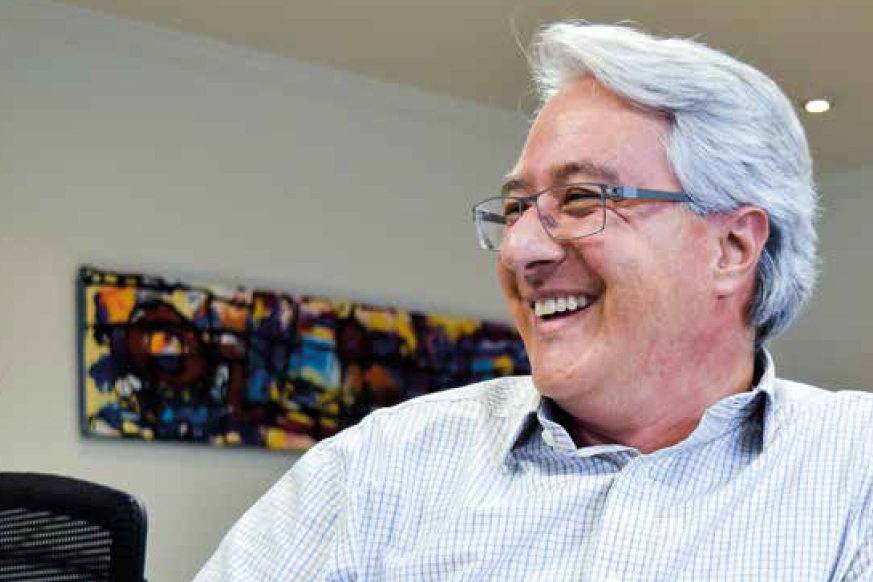So much to learn!
"The sausages and beers only taste good to me in Germany," says Tomás Elejalde

YACA: What is the biggest impact of German culture on your life?
YACA: How did it impact your professional training?
YACA: What learning about German culture would be key for us today?
YACA: What aspect of Colombian culture would you share with a German?
YACA: What aspect of Germany is complex to explain in Colombia?